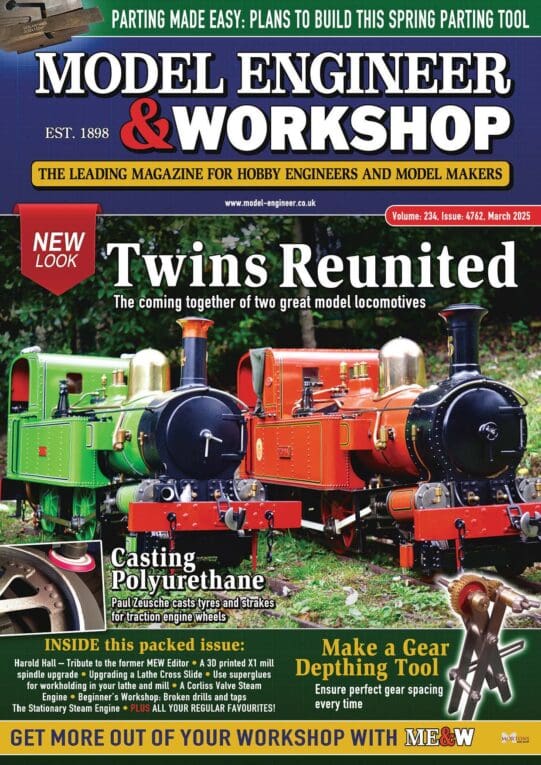Ahem…..
Restoring a little decorum to the proceedings…..
I have only a hazy recollection of it but I think there is a song that is a paen to the sewing-machine – possibly for advertising them. There is also a witty piece of light music written for typewriter and orchestra – I forget the proper title and its composer. The end-of-line bell features prominently.
Wichita Lineman, a huge hit for its first performer Glen Campbell, was composed in 1986 by Jimmy Webb. His inspiration was seeing a solitary lineman silhouetted against the setting sun, working atop a telephone pole, deep in rural Oklahoma.
'
Blacksmithing has its musical references:
The Anvil Chorus – from Il Trovatore by Guiseppi Verdi, is well-known. Actually The Gypsy Chorus by direct translation, the smiths being Spanish gypsies singing their praises of work, wine and women! (Sounds good!) [Source: Wikipedia – with lyrics in Italian and English]
Perhaps slightly less familiar but altogether darker, is the chorus of anvils – instrumentally – in part of Richard Wagner's The Ring of the Niebelung. I am not sure, but I think the forging is supposed to include that of the eponymous, accursed ring, from the gold stolen from the Rhine Maidens.
The art world fondly imagines forging to sound like frantic bell-ringing!
'
Noel, Nicholas –
Proud Mary, in Creedence Clearwater Revival's song, is indeed the name of the river-boat but as the setting for the narrator's rootless life as a gambler on the vessel. The impression given me by the rather metaphorical description of the ships' progress, is that the voyages were long and tedious.
Incidentally I heard on the radio quite some years ago now a dramatised, serial version of the original Showboat – the 1926 novel by Edna Ferber – on which the Kern & Hammerstein musical is based. Ferber had done a lot of research into this American form of entertainment venue, and in the prologue she explained that a show-boat was a floating theatre on a barge towed from town to town by tug. So not the ornate stern-wheeler ship of later publicity for the musical, then.
'
Staying on the mechanical transport theme:
The narrator in the late Meatloaf's Bat Out Of Hell has two loves in his life: his girlfriend whom he leaves behind in his rush to escape the grim city, and his motorcycle:
" I'm gonna hit the highway like a battering ram
On a silver black phantom bike
When the metal is hot and the engine is hungry
And we're all about to see the light "
Prescient words; for too much rush, too much thinking of her instead of the road ahead; the song ending with his dying thoughts, having crashed on a sharp bend.
[Source: The Genius web-site, I found simply by title and "lyrics".]
'
The old instrumental standard Pacific 231 refers to the locomotive of course – it was written in 1923 by the Swiss-born Alfred Honeggar, who later lived in France where the railwaymen counted axles rather than wheels (or if you like, the wheels visible in broadside view).
' ' '
While much more recently, Michael Flanders and Donald Swan mourned the loss of the Somerset & Dorset Joint Railway, in their Slow Train to Blandford Forum (one of the Dorset towns along the SR and LMS, Bath – Bournemouth line). The song plods sorrowfully from rail-joint to rail-joint in a slow " 1-and-, 2-and- " piano continuo.
Even older than these though… Funicali, Funicula. By Luigi Denza, lyrics Peppino Turco; 1880. A big hit from the start and still widely performed / adapted / plagiarised (even covered by the Grateful Dead!), it celebrates the opening of the first funicular railway up Mt. Vesuvius. It is actually a love song though. The singer is inviting his sweetheart to ride with him to the top where they can admire the view – though his marriage-proposal in the last verse is excitedly brief and to the point!
(Source: Wikipedia, whose article gives the lyrics in Italian and English.)
Nigel Graham 2.







